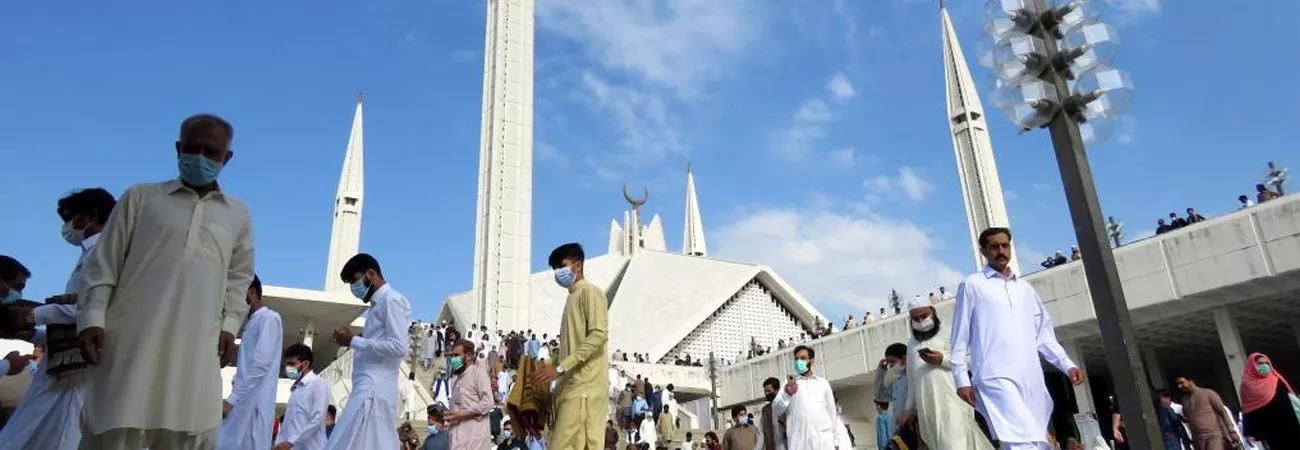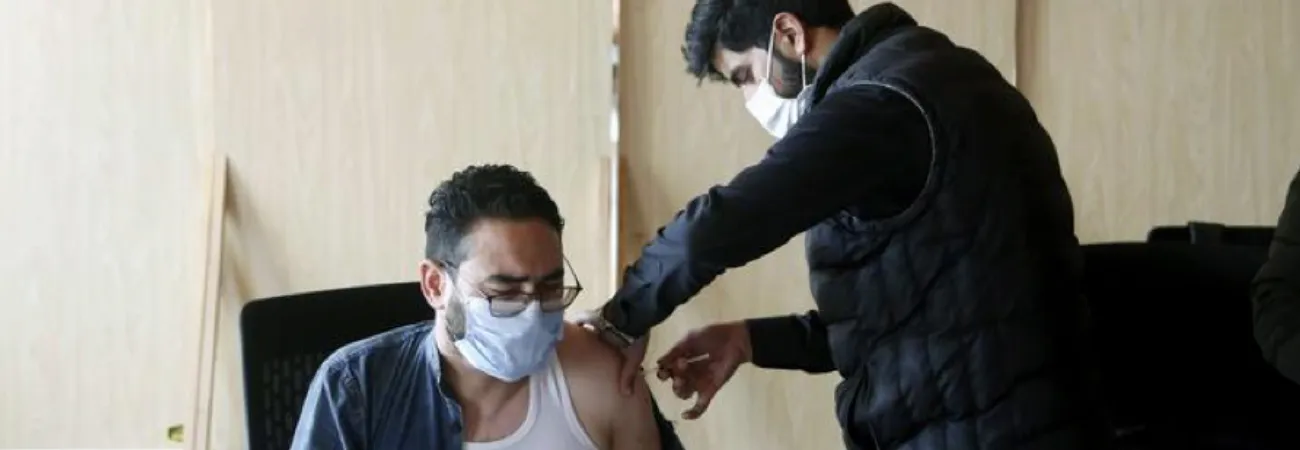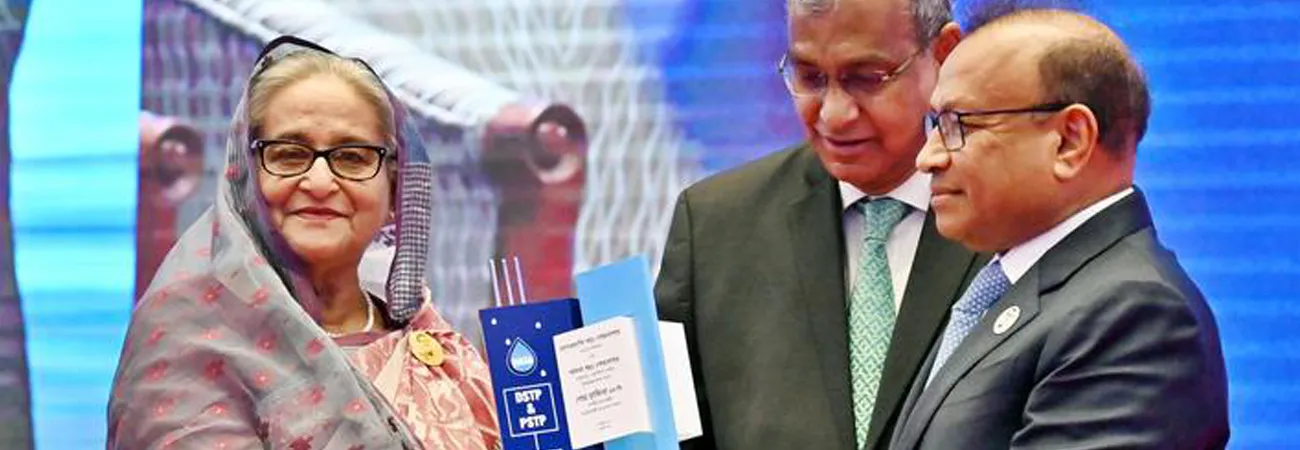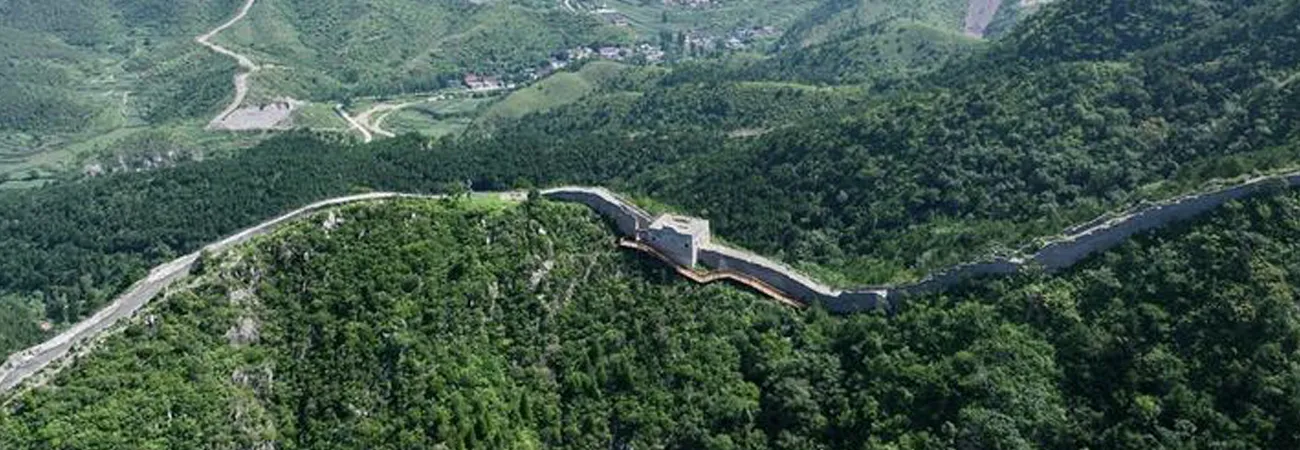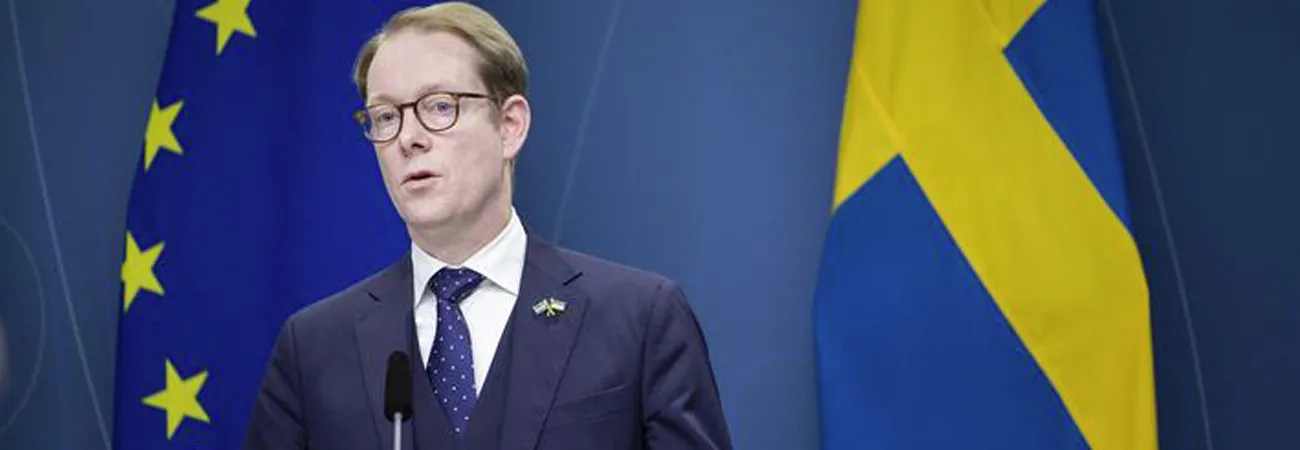XINHUA-PAKISTAN SERVICE
While preparing dishes for her two sons and grandchildren, Sakeena Begum cannot stop gushing over how the delightful reunion of her children and family members on the Eid al-Adha, which has brought her pleasure. Normally, telephone calls are the only source to get in touch with my children as they are working in other cities. Eid is the only occasion where I get to see my children ... we are so excited to spend these blissful holidaystogether, the 58-year-old resident of eastern Pakistan Lahore city told Xinhua. Eid al-Adha festivities are in full swing in Pakistan, marked by sacrificing of animals, special congregational prayers, shopping sprees, family reunion, splendid feasts and charities.
This year, the Pakistani government has announced holidays from July 8 to July 12 to celebrate the festival, with Pakistan Railways and Pakistan International Airlines reducing fares up to 30 percent to facilitate travelers to meet their loved ones. Begum said that she was unable to meet her children and family last year owing to the COVID-19 pandemic and the related restrictions, overshadowing the celebrations of the special occasion. I have no words to describe my feelings at the moment. This year has been full of blessings for me ... Today my courtyard is filled with a lot of beautiful and colorfulflowers, she said while pointing towards kids cheering and playing, wearing an array of different color dresses.
After months of normalcy, Pakistan has recently been witnessing a surge in the number of COVID-19 cases, with officials advising people to exercise caution against the pandemic during the Eid festival to curb the spread of the virus. In light of the recent uptick in cases, the National Command and Operation Center (NCOC) has recently issued fresh guidelines for the public to follow, emphasizing on wearing face masks, social distancing and avoiding shaking hands and embracing. Eid prayers should be organized in open spaces under stringent COVID-19 protocols, said the NCOC, adding that efforts should be made to encourage collective and online sacrificing of animals through public, private and community organizations to control the infection.
Eid al-Adha always sees people splurging money on new dresses, gifts, and especially sacrificial animals, however, rising inflation and the critical situation of the national economy have seriously affected the purchasing power of the people, as prices of various commodities are at the highest levels. Muhmmad Abdullah, a government official in the federal capital Islamabad, said that the recent hikes in petroleum products and electricity prices have made it difficult for common people to spend extravagantly even on special occasions like Eid. Our family used to buy two goats for sacrifice which cost around 80,000 rupees (about 400 U.S. dollars), but now the prices have gone up so much that we can only afford to buy one goat ... same is the case with other commodities, Abdullah told Xinhua. As Eid al-Adha highlights the spirit of sacrifice and selflessness, a number of affluent individuals and charity organizations in the country remained busy helping needy people.
Talking with Xinhua, Khalid Malik, a philanthropist who runs a charity organization in Rawalpindi district, said people should extend help to others facing financial problems on Eid. We are distributing special Eid packages consisting of new dresses, food items and medicines to families hit hard by high inflation rate ... Some of them cannot secure minimum income needed for subsistence. Others could not get back on their feet after losing their jobs due to the pandemic, Malik said. Everyone should uphold the spirit of charity and sharing on this special occasion as real happiness and merriment lie in making others lives easier and better, he said.

